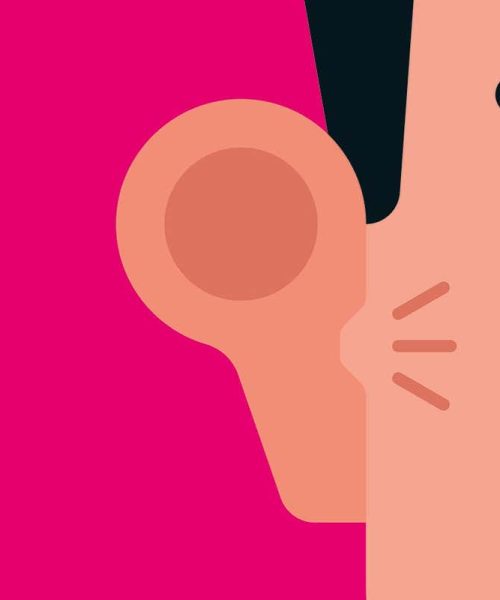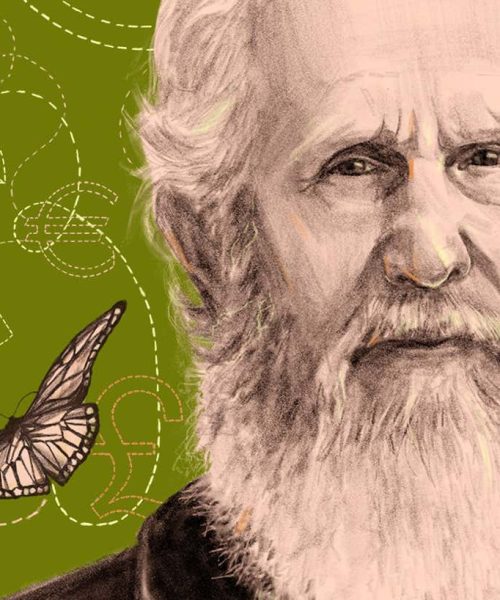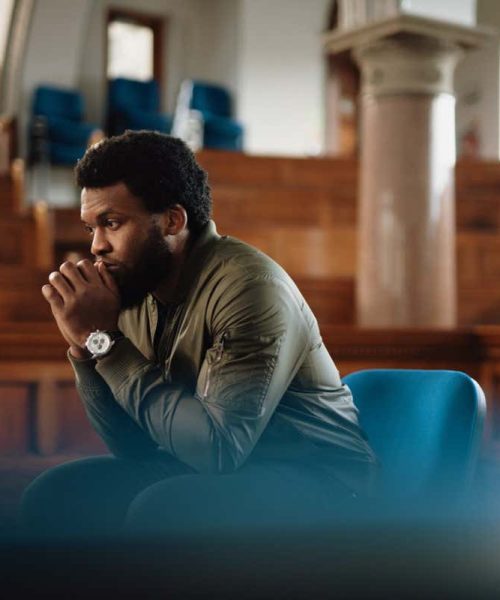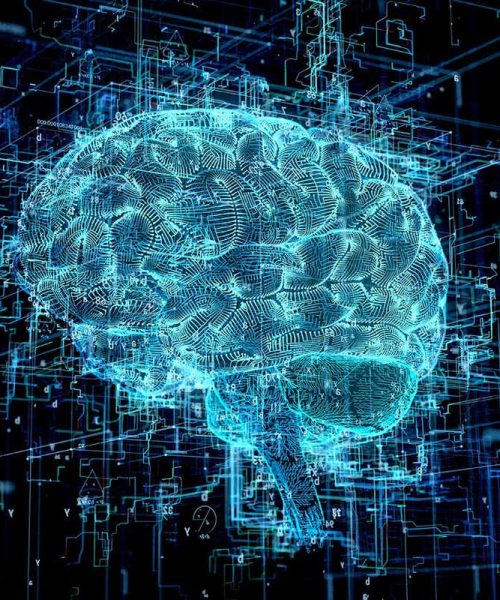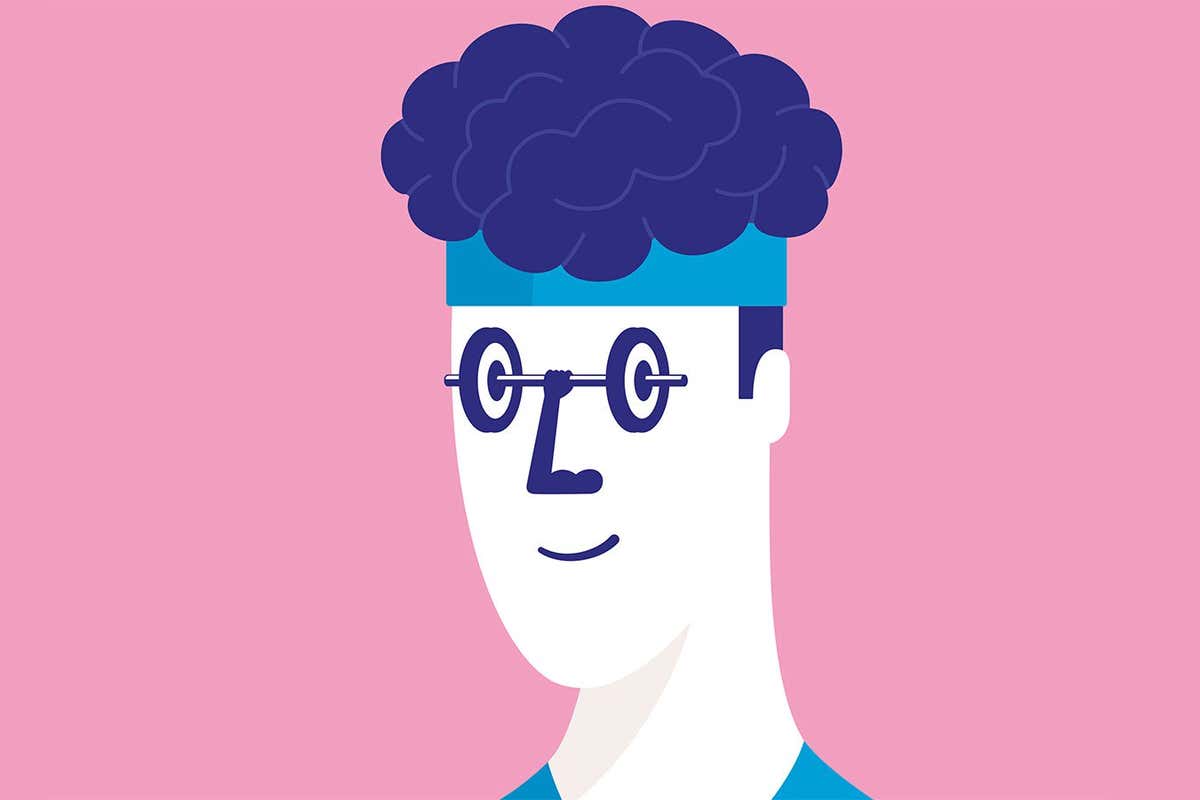
IN JANUARY, I set myself a resolution: to master the humble chin-up. I have never had much upper body strength, and I knew it would be hard, but that is OK, I thought, because I am not doing this to get stronger or fitter. I am doing this for my brain.
Like a lot of people, I used to exercise to stay physically fit. But a few years ago, while writing my book Brain Power: Everything you need to know for a healthy, happy brain, I dug into the literature on exercise and the mind. What I discovered changed my relationship with exercise forever.
It is no secret that exercise is good for the brain as well as the body. But the past decade has seen an explosion of research into just how transformational it can be, whether it is improving children’s academic performance, boosting mood and memory in adults or even protecting us from cognitive decline. “It seems to be one of the most important things you can do for the brain,” says David Lubans at the University of Newcastle, Australia. “I think much less about the physical benefits. It’s all about feeling good and optimising my brain functioning.”
Scientists like Lubans are now turning their attention to how and why exercise has such powerful effects on the mind. What they are finding is teasing apart what really works and showing us how we can best capitalise on the brain-boosting powers of physical exertion.
One of the first pieces of evidence that linked exercise and the brain came in the 1990s, when geneticist Fred Gage found that exercise …
